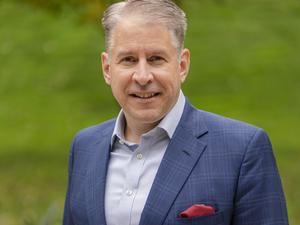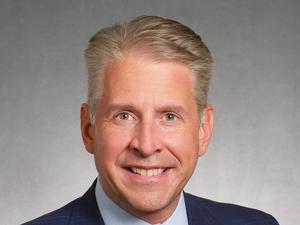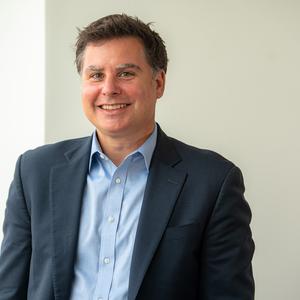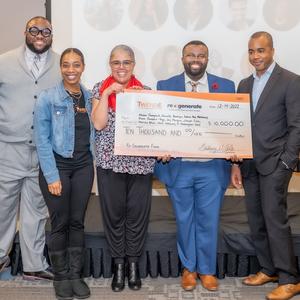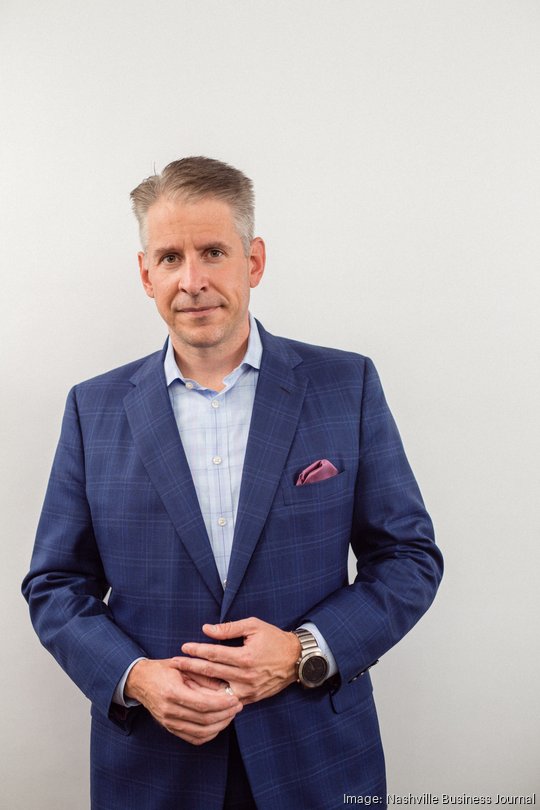
Last month, Ardent Health Services announced a partnership with fellow Nashville-based firm SwitchPoint Ventures to launch an innovation studio focused on using data to create products that improve health care delivery and administration.
Once products are developed, they will be deployed across Ardent’s system of 30 hospitals and 200 sites of care, with the goal of spinning them out as independent companies.
Ardent joins Brentwood-based LifePoint Health in a growing trend of hospital operators looking to develop their own solutions to inefficiencies and gaps in health care. LifePoint launched its in-house innovation studio, 25m Health, in 2021 with $20 million in seed money in a partnership with private equity firm Apollo Global Management.
Ardent’s studio builds on an existing relationship with SwitchPoint — which builds artificial intelligence platforms for businesses — that began two years ago, when the duo developed Winnow, an AI platform for clinician recruitment that uses predictive analytics to help Ardent source, recruit and retain health care workers.
We recently spoke with Ardent CEO Marty Bonick and SwitchPoint CEO Ray Guzman to learn how they plan to identify solvable problems and how they’ll test them inside Ardent hospitals.
Why start an innovation studio?
Bonick: Historically, Ardent has been a very hospital-centric company, but the world of health care is evolving much beyond the four walls of the hospital. I think Covid has shown that we have been able to take care of patients on their terms versus our terms, in terms of how you access it. … For us at Ardent it’s really about embracing the fact that the health care world is changing, that we have to change, too. People coming to the hospital is going to be, for the foreseeable future, still part of health care — but it’s not the only way. If we’re going to really embrace this consumer-centric movement, then we have to innovate, we have to meet patients on their terms. Coming up with new ways of doing that and helping our providers … embracing innovation, embracing technology for us is really an imperative if we want to be relevant for the future.
Guzman: We’ve been underway with this for five or six months now, but it actually goes back about two years, when we built Winnow together. We had to kind of learn how to dance together. The speed and the disruption that early stage companies can bring into the size and scale of a $6 billion enterprise. That’s so much of what has made the partnership successful and why we think there’s such a strong foundation to build on, because we’ve learned how to do that with each other. We pushed the fast enough pace that was probably slightly uncomfortable, but not so much where we really disrupt the apple cart in terms of what’s getting done and how.
How are you going about identifying problems in the system that you can develop solutions for? Are you going into the hospitals and speaking to the caregivers directly, or are you consulting with the executive team?
Guzman: All of the above. And I would just tell you, just from experience, there’s no other way to do it. In our world, everybody gets kind of caught up with the AI part, and don’t get me wrong, that’s huge. But the second part of it, kind of making any solution actually viable, is the utility of those things. You can’t understand the utility of how something is going to be used or consumed unless you’re sitting there on the ground with the people that are actually going to live with that set solution. … If you don’t mind me paraphrasing one of [Bonick’s] quotes at one of your senior leadership meetings, I think you said something along the lines of, “Don’t bring SwitchPoint your ideas, bring them your problems. They’re the idea guys.”
What kind of products or companies are you aiming to build?
Bonick: We are looking to figure out what are those problems that we can solve. If we do it right, they’re going to be scalable. There’s so much opportunity in health care to improve upon what we already do. The hard part, I think, is going to be triaging that down to what would make sense. We can’t do everything. We can’t fund everything. So, what’s going to get us the biggest proverbial return on investment? … We’re really trying to harvest those opportunities that really impact broad swaths of our company because this does take time. It does take capital resources.
What’s your plan to test these products in Ardent hospitals and then roll them out across the system?
Bonick: We’re big believers in pilots. Let’s make sure when we’re analyzing the problem that it does have broad applicability beyond just one department, one hospital, but then going and proving it in a hospital or in a department first and then scaling from there.
Guzman: The pilot phase of these things is critical to really proving that out because you’ll design something, then you’ll deploy it and realize there are gaps because no one’s ever done this before and you’re closing those gaps as you’re in the pilot to then get to your kind of commercializable product.
How many companies or products are you all expecting to create a year and how much capital is the innovation studio launching with?
Bonick: We’ve said if we can launch three or four companies a year that would feel about right and that would be a lot, actually. But we think that that’s achievable.

